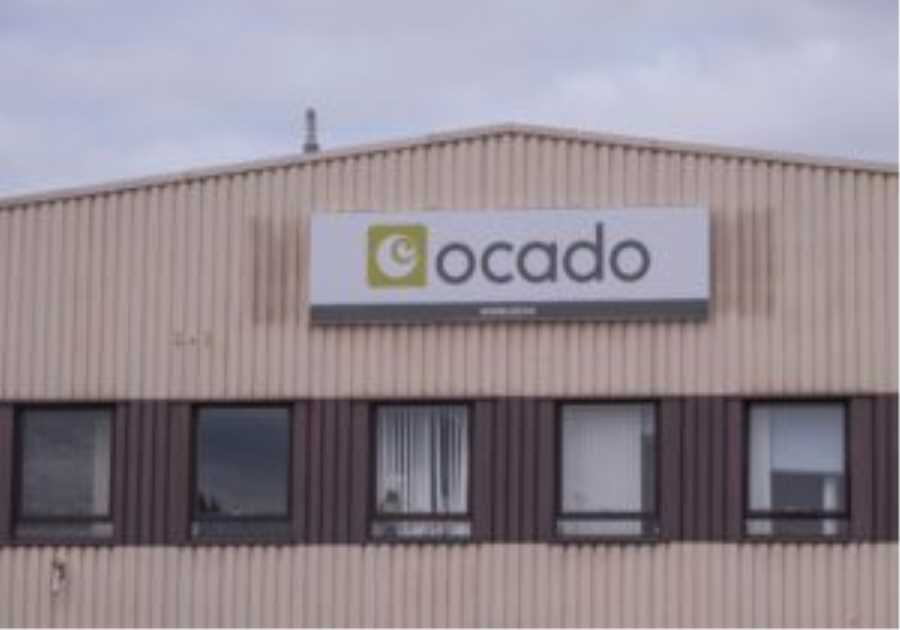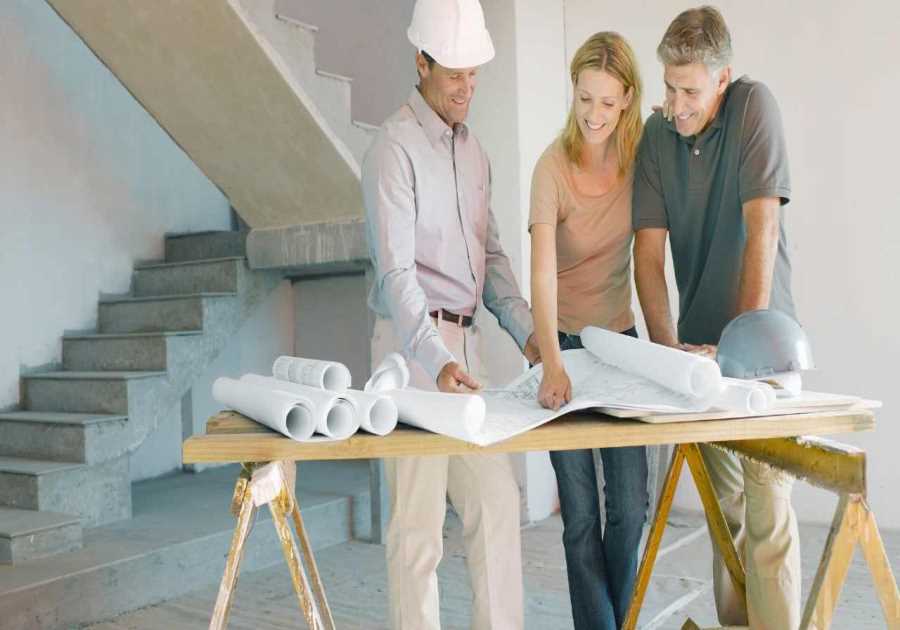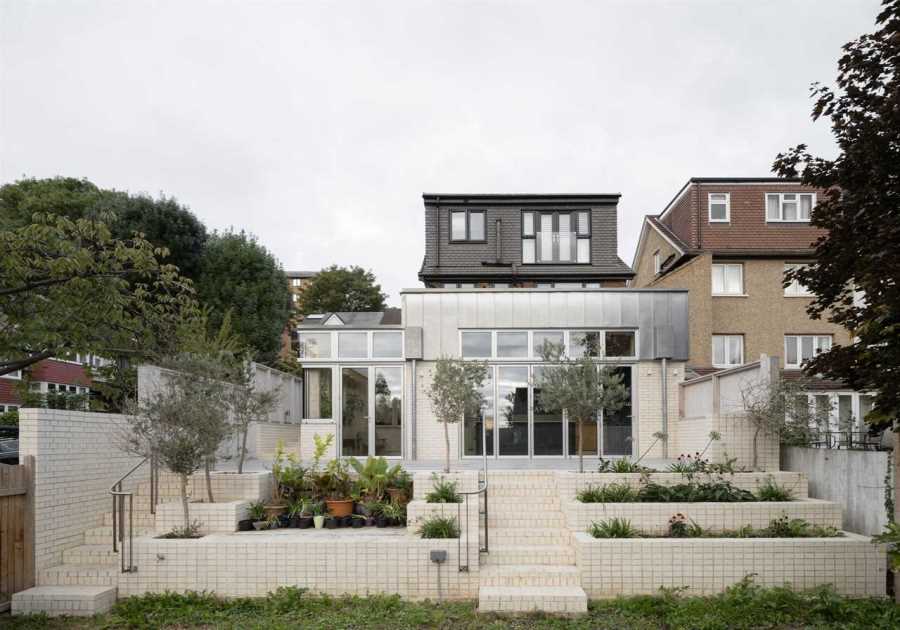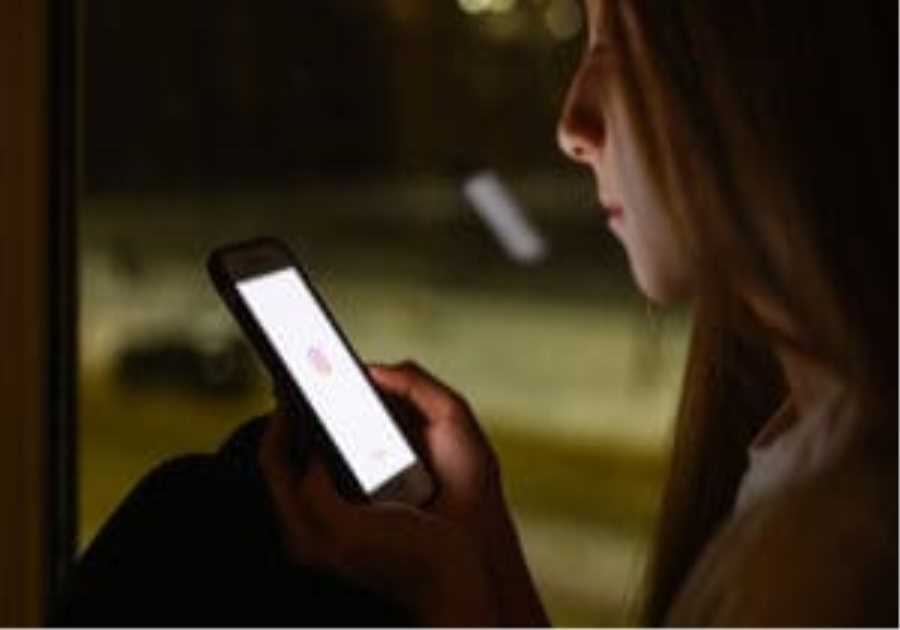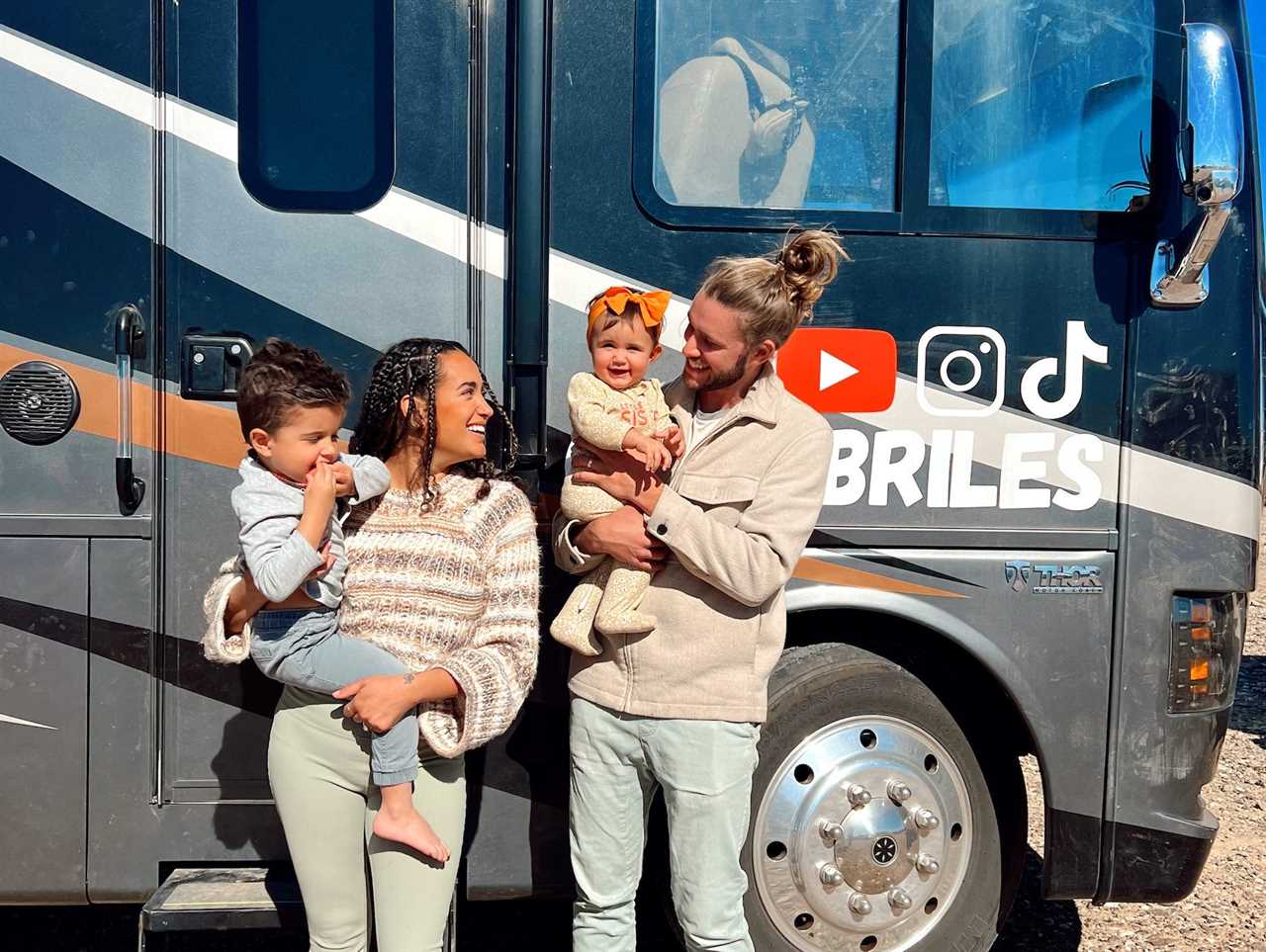
Aleja Briles
- Aleja and Blake Briles sold their home in Dallas and bought a $100,000 RV to tour the country.
- They didn't anticipate the challenges RV life would present, especially parking outside of RV parks.
- Their advice for people new to RV life is to plan your visits ahead and expect to make repairs.
This as-told-to essay is based on a conversation with Aleja, 29, and Blake Briles, 31, about their journey traveling across the western US with two young children, Everest (3) and Olaya (1 1/2), in an RV. They chronicle their journey on YouTube.
Aleja: We had gone on a long road trip during Covid and decided to hide out for about a month and a half at Blake's parents' house in Oregon.
There was this moment where Blake and I were sitting and looking out at all the beautiful trees and we thought this is more how we picture our lives.
It was time to make a change.
We started talking about how we make that change in March 2021. The road trip was really fun and we got to see so many places and got to stop in such cool spots. How can we make it so we can travel more?
We started researching different RVs and bought one in June 2021.
We were burnt out from corporate life
Aleja: Blake did the really corporate thing and was an analyst and an economic consultant.
I was a teacher. I taught public health classes for youths.
Blake: After I graduated in 2017, I got a job with an analysis group and economic consulting firm in Dallas. We bought our house in 2017 when we moved to Dallas. We lived in that house for four and a half years, then we sold it in 2021 to do this.
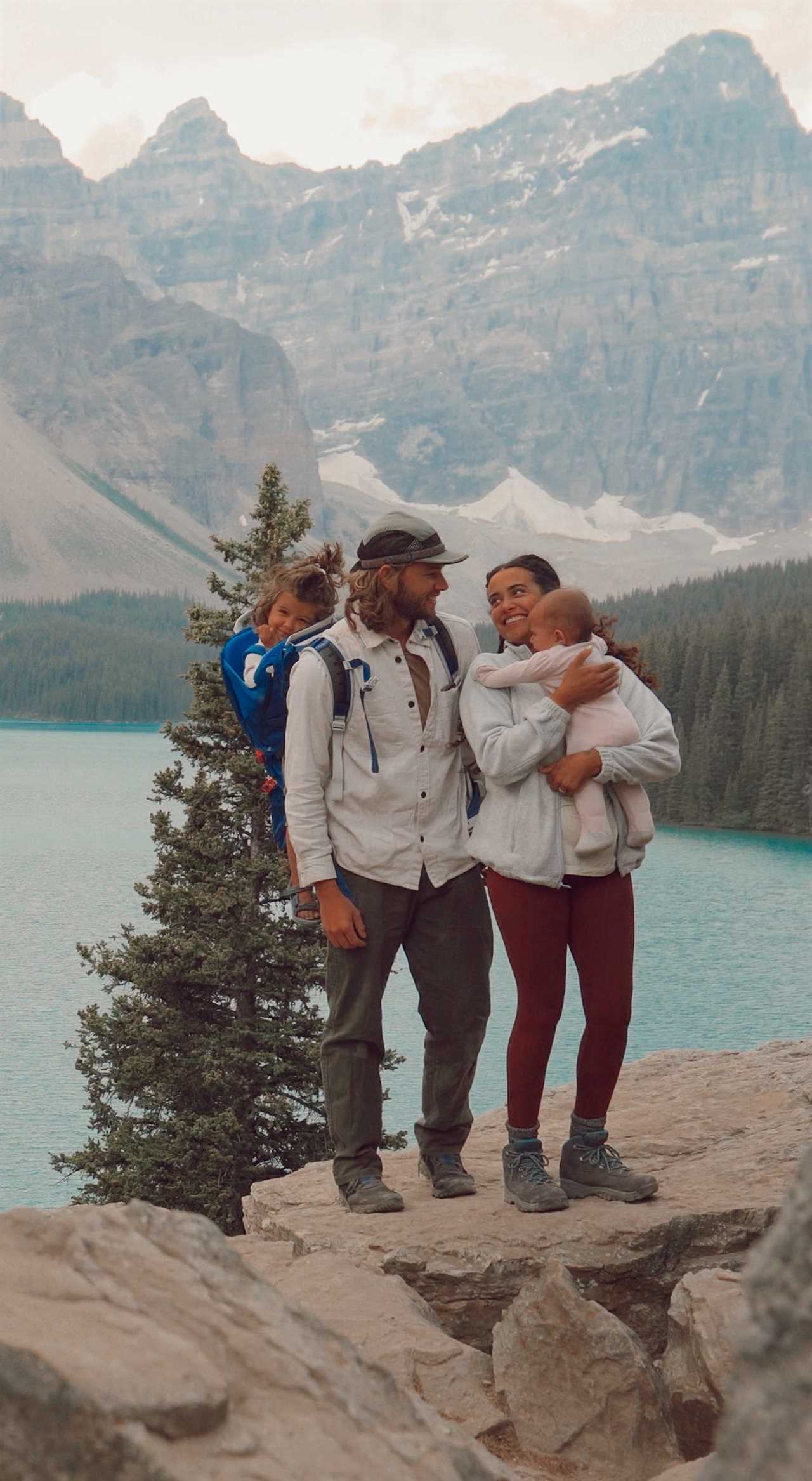
Aleja Briles
Our original plan was to do this for a year, maybe two, and then I'd transition back to business. But then as we've been doing this longer and have been more addicted to it, that's kind of like the contingency plan we don't want.
I liked my job, but as years went by, the fulfillment that came from working so many hours lessened.
Do we want to live this life cycle of going to work, rinse and repeat, come home, see my kids for the last hour of the day and then wake up and not see them in the morning?
Aleja: Either this is going to be our life for like the next 30 years, or we make a change now.
The start-up costs of living in an RV are hefty
Aleja: We bought a 2017 Thor Outlaw 37RB. We chose this one because it's one of the few models that is a Class-A motorhome that has a back garage space.
It cost $100,000. We were able to get it for a lot less than the newer models because we still wanted to be smart with the money that we made from selling the house for $450,000. And I would say we've put $15,000 or $20,000 into renovations.
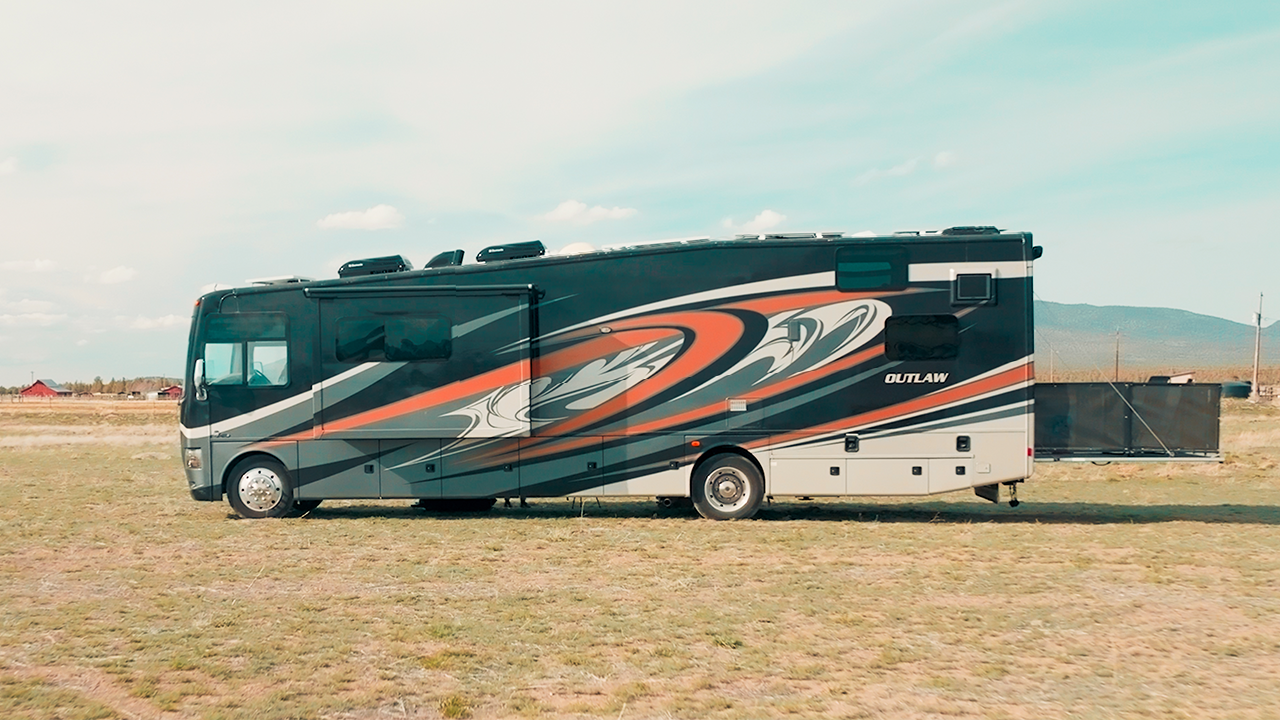
Aleja Briles
Blake: There's a distinction between renovations and repairs. The repair list never ends — it's a rolling earthquake on wheels.
We put in a massive solar system and power system. The certain RV lifestyle that we chose was more off-grid and out in nature and not tucked into an RV park. So we wanted to do it in a way to be able to imagine our dream that we once spoke of, of being in nature, being at all these places, but not being tucked in like sardines to an RV park.
Aleja: That translates to, essentially, spending $0 on camping spots. Our monthly "mortgage" and utilities are all completely free because we put that money up front into it.
The east coast is off limits
Blake: What we really wish we knew beforehand was, we thought we could circle around the entire US in this style. As we got into it, we figured out anything from Texas and Colorado east, there's not really Bureau of Land Management land. It's all RV parks.
We spent a lot up front to get the vehicle and upgrades. Doing RV park subscriptions is pretty much what our old mortgage was, which was $2,400, and we did want to save money in this lifestyle.
We were really naive to the fact that the east coast is just a money pit.
The misconceptions of life on the road
Aleja: We were looking for this reset that we felt like we desperately needed. We're both realistic, but we thought, "Life is going to be carefree. We're going to be so much less busy," and it's definitely not that way.
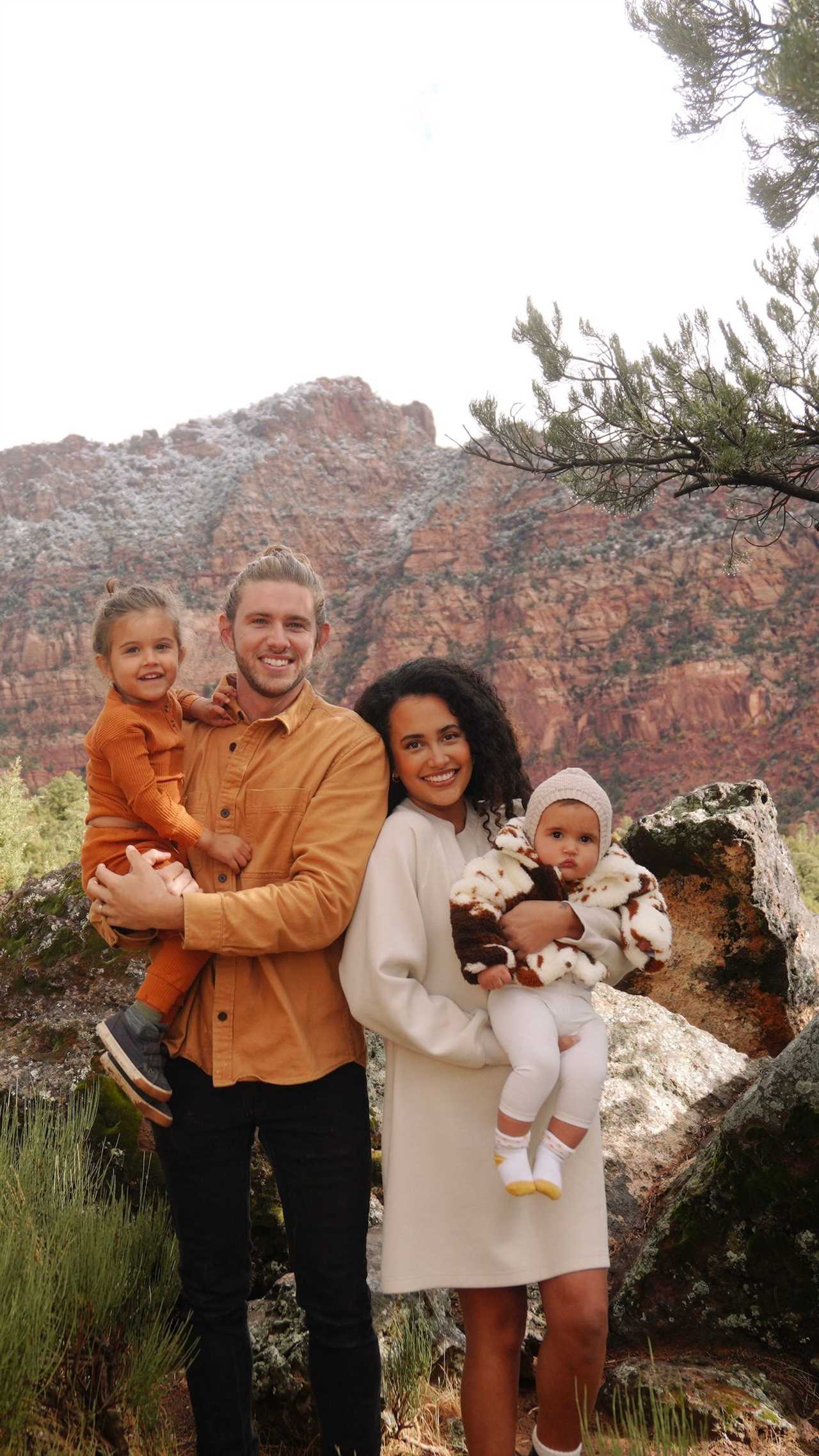
Aleja Briles
It still comes with the downsides of typical life. You're still mothering kids. You have to clean. You're trying to get work hours in. You're together all the time. You're in this small space that gets cluttered very easily.
If you're not smart with planning out your trips from one state to another, it can be a money pit. You can't go, "I want to go to New Mexico today and then I want to go back to California."
It's not as willy-nilly as I think people assume that it would be. Because you still have to pay for gas — which has insane variance depending on how much we are moving. As an entire weighted average since we left, it's about $520 a month. You still have to find those dispersed camping places to stay, et cetera. I think the expectation is that we can go anywhere, whenever — it's not as flexible as that.
But at the same time it's still a lot more flexible. Tomorrow if our friends ask if we want to meet up in Tahoe, we can make that happen because we don't have something that's holding us back.
There's definitely that fine line between 'This is going to be the most flexible life ever,' and 'This still has the very real stressors of raising a family and trying to work and trying to maintain somewhat of a normal, stable life on the road.'
Blake: We've really enjoyed nomadic life and the freedoms that it brings within our family. And now our goal is to do that a little bit longer.
Read More
By: [email protected] (Jordan Pandy)
Title: We sold our house to live in an RV and travel the US. It's not as carefree as we expected.
Sourced From: www.businessinsider.com/traded-house-for-rv-life-harder-than-we-expected-2023-7
Published Date: Sat, 08 Jul 2023 11:00:00 +0000
.png)

